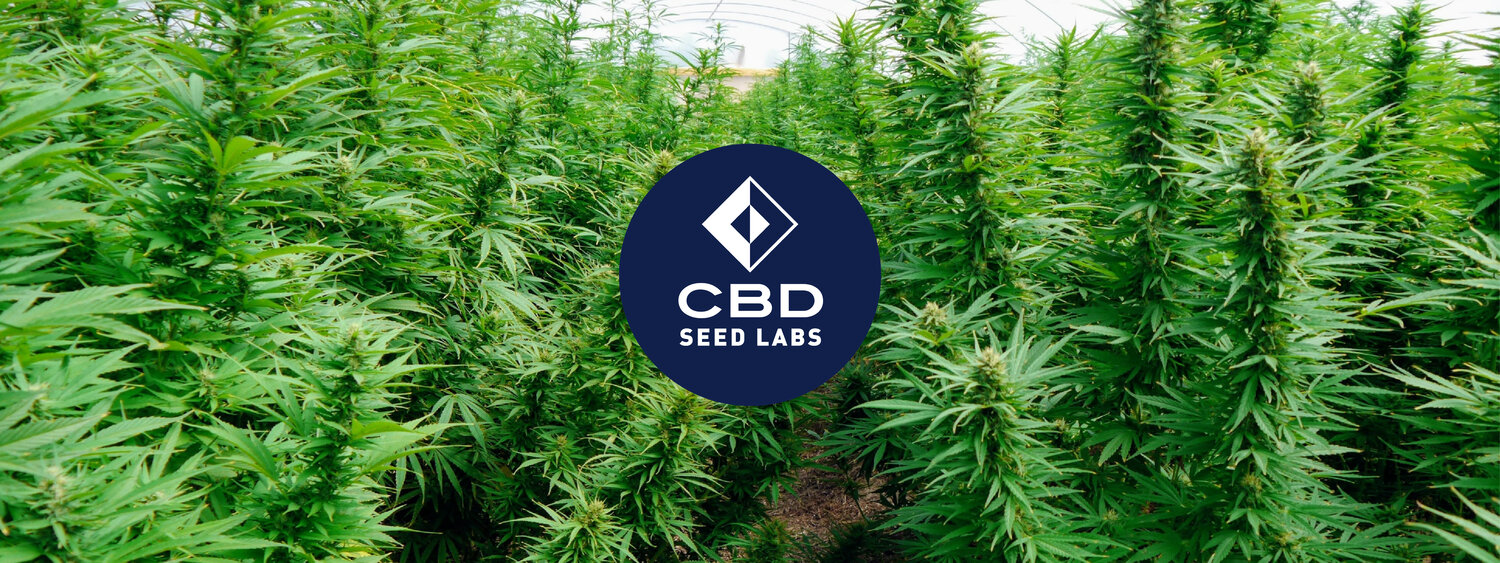Grow Hemp in Wisconsin
1) How do I become a hemp grower or processor in Wisconsin?
Grower license: Allows you to plant and harvest hemp, if you register each year to do so.
Processor license: Allows you to store, handle, and convert hemp into a marketable form, if you register to do so. If you are:
Processing only hemp that you grow: You must have a grower license and current annual registration.
A grower who will process hemp from other growers: You must have a grower license, processor license, and current annual registration.
Apply online at https://mydatcp.wi.gov. Click on "Licenses" which allows you to choose either “Hemp Grower License and Registration” or “Hemp Processor License and Registration.” Read the information for more details and then click on the “Start New Application Button.”
If you cannot apply online, download the appropriate paper form(s) below and return by mail with your payment.
2) What are the fees associated with a hemp licenses approval in Wisconsin?
Grower license (one-time fee):
$150 (0-30 acres)
$5/acre (31-199 acres)
$1,000 (200 acres or more)
Processor license (one-time fee):
$150
Supplemental federal background check:
$21.25 (covers the DATCP portion of the actual cost of the required state and federal background check)
License modification:
$50/change (plus fee for additional acreage as listed above)
Grower registration (annual fee):
$350
Processor registration (annual fee, waived for first year):
$100
Sampling/testing:
$250/sample and test
Each lot needs at least one sample and test and will be invoiced after sampling. A lot is a contiguous area in a field, greenhouse, facility, or growing structure containing the same variety or strain of hemp throughout the area.
3) What are the required reports for hemp planting?
Location amendments/ variety approval
You can submit your variety approval form using either of the following methods:
Print and submit the variety notification form (580) and return by mail or fax.
Email to the hemp program’s variety approval at datcphempvarietyapproval@wisconsin.gov.
Planting reports
You can submit your planting report using either of the following methods:
Online at MyDATCP (instructions for submitting documents using MyDATCP). You can use MyDATCP to submit sections 1, 2, and 3 of the planting report online. You will then need to print and submit the transfer, inventory, and maps supplemental form and return by mail or fax.
Print and submit the planting report form (565) and return by mail or fax.
30-day harvest notification
You can submit your notification using either of the following methods:
Online at MyDATCP (instructions for submitting documents using MyDATCP).
Print and submit the 30-day harvest notification form (581) and return by mail or fax. You must also submit a map of the hemp lot.
4) What is Hemp Emergency Rule? And how does it benefit farmers in Wisconsin?
Effective May 3, 2021, this rule adds retest and remediation options for failed lots and caps the number of negligent violations to one per year, consistent with federal law in the USDA's March 22, 2021, final rule and as required under state law (Wis. Stat. § 94.55(2)(b)2).
The emergency rule includes the following new program rules:
Retesting: In the event of a failed regulatory test with a total delta-9 THC content of above 0.3%, a licensed grower may request the retest of the retained portion of the lot's initial sample or remediated sample. The fee for a retest is $200.
Remediating: In the event of a failed regulatory test with a total delta-9 THC content of above 0.3%, a licensed grower may request to remediate their hemp lot consistent with the remediation options available in the USDA's final rule. After remediation, the remediated lot will be sampled and tested. The fee for the sampling and testing of a remediated lot is $300.
Limiting the number of negligent violations to one per year.
Raising the level of total delta-9 THC that constitutes a negligent violation from 0.5% to greater than 1.0%, consistent with the USDA's final rule.
In addition to the new retesting and remediation options listed above, resampling remains another option.
This new form of legislation is incredibly helpful in reducing the amount of farmers with failed crops. Adjusting the .3 THC threshold will inevitably boost economic stability, by allowing farmers to keep and legally sell their end product. It has certainly been a limiting factor with the current hemp industry but as we move forward, hemp is looking to be more prosperous.
